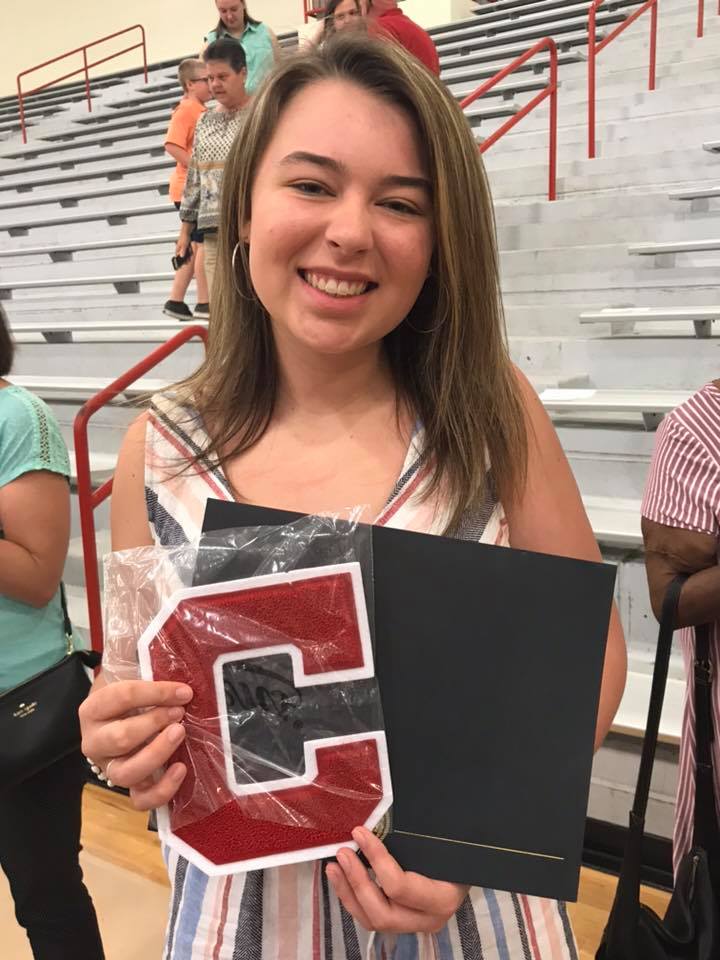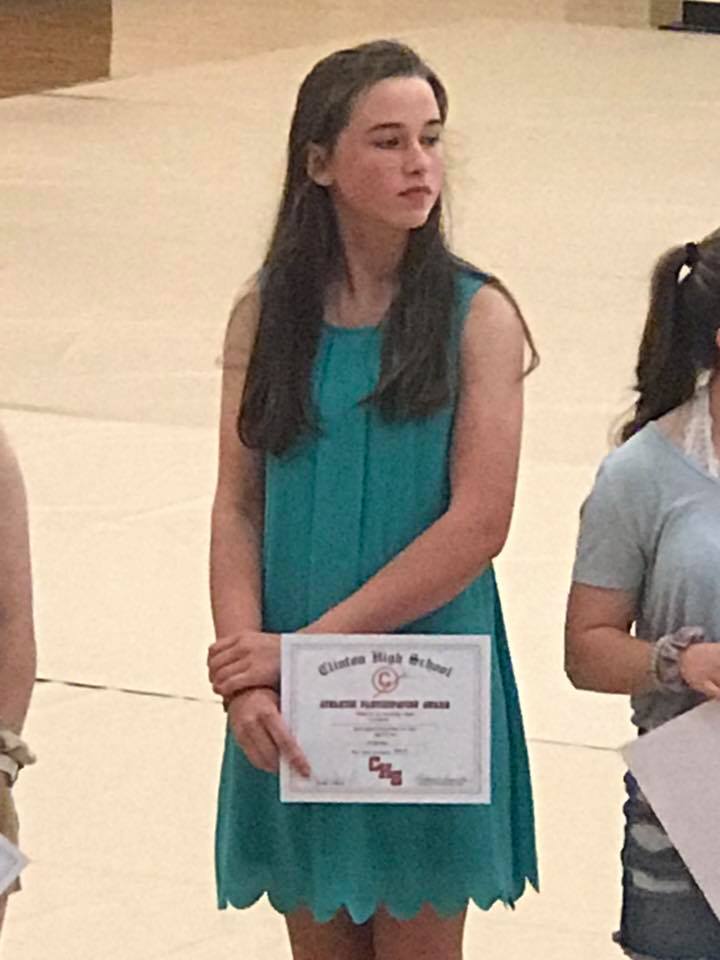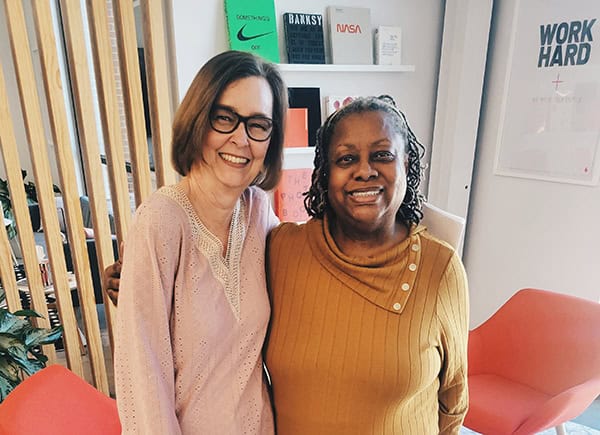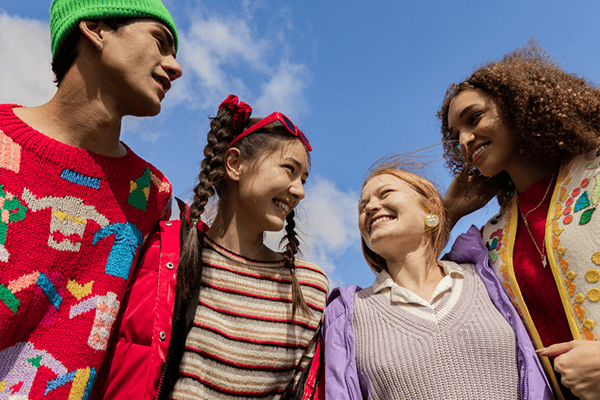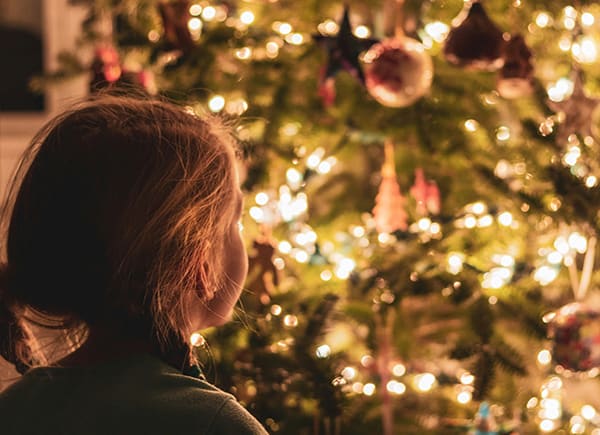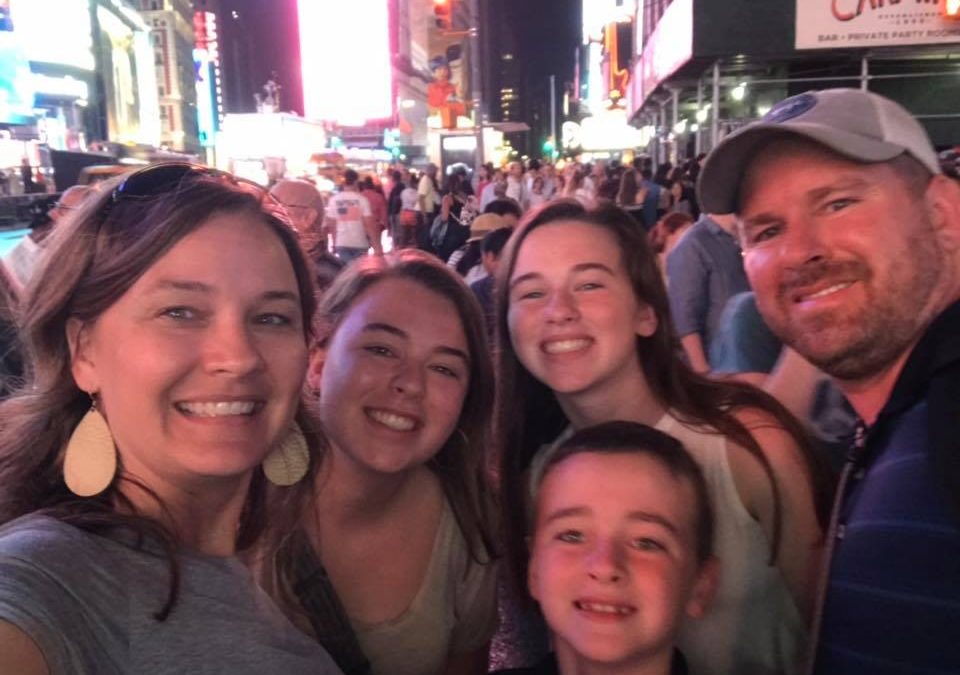
Let’s just be real. We love our kids and we want them to thrive, but we don’t have a crystal ball. We don’t know what is coming next or how to perfectly prepare them for it. We worry about how anything we welcome into our lives will impact them. As families consider foster care, there are legitimate questions to ask. As Sara shared on our blog, biological children are truly the unsung heroes of foster care. The reality is that fostering impacts everyone it touches; no one is immune- you see (and feel) the beauty and the brokenness. That includes biological children.
This #FosterFridayLive was hosted by Kaley Lindquist with MariAustin and Ella Adair- biological children in a family that has been fostering since 2014 and have seen over twenty children come through their home. They shared truthfully about their (sweet) experiences and (sour) challenges and what they want other families (and kids) to know. And now you can read it all here.
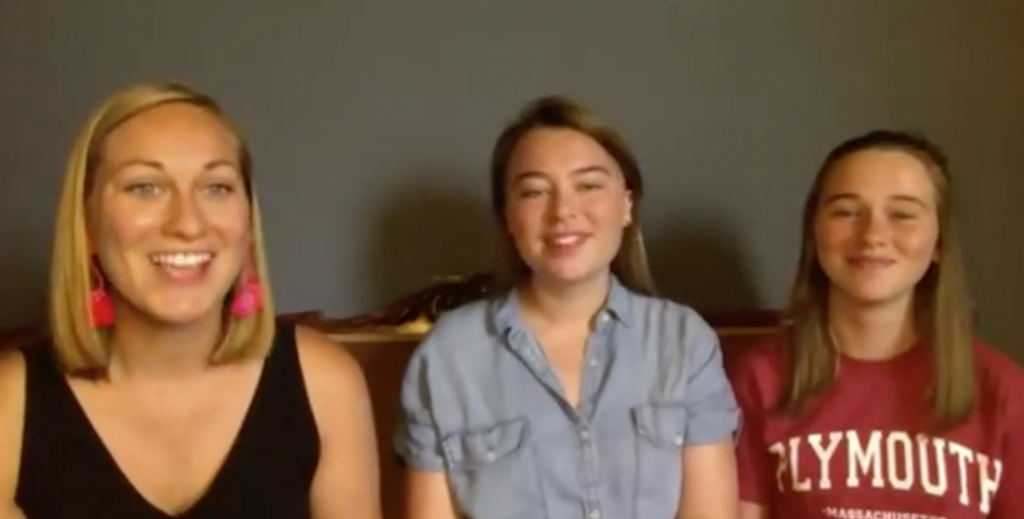
MariAustin was 10 when their family started fostering and is now 16, about to be a sophomore in high school. Ella was 7 years old when they started fostering and just turned 13 going into 7th grade. You can hear more from them and other biological children in fostering families in the video they filmed for a Foster Care Awareness Night. Their mom, Jill, was our very first guest on Foster Friday Live talking about the chaos of getting a new placement call. Their family is always changing, but there are three biological children; Jack, their younger brother, was around three when they started fostering. Currently they have one placement, a little boy who is about to turn one who has been with them since he was two weeks old. They also often take respite placements for short periods of time. They are very involved with foster care in many ways through the Laurens Foster Parent Association and running the Foster Share Closet at Laurens DSS.
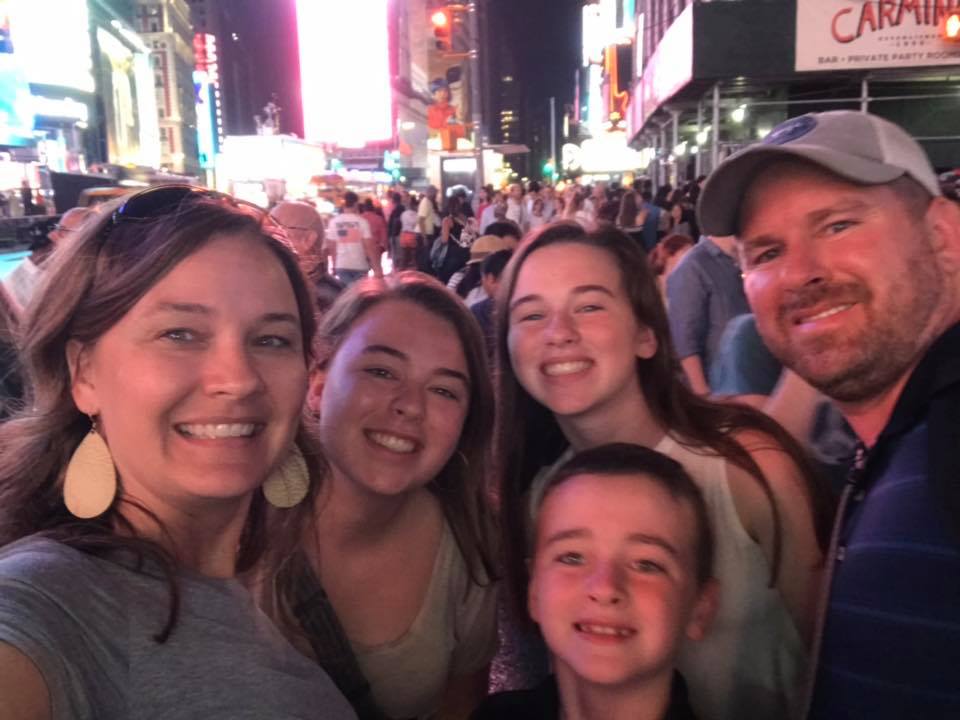
What were your initial thoughts when your family decided to start fostering?
MariAustin: I remember we were sitting in the car and they were like, “Hey! We were thinking… do you want to take in some kids and just help them out? And they would live with us for a while.” And all I could think about was, “Oh my gosh! I’m getting a sister.” I thought it would be fun and we would be best friends because I didn’t know what is was before.
Ella: I was seven years old so my thought was, “I’m getting a twin.” I thought we would be exactly the same and we would have this great time and it was going to be wonderful.
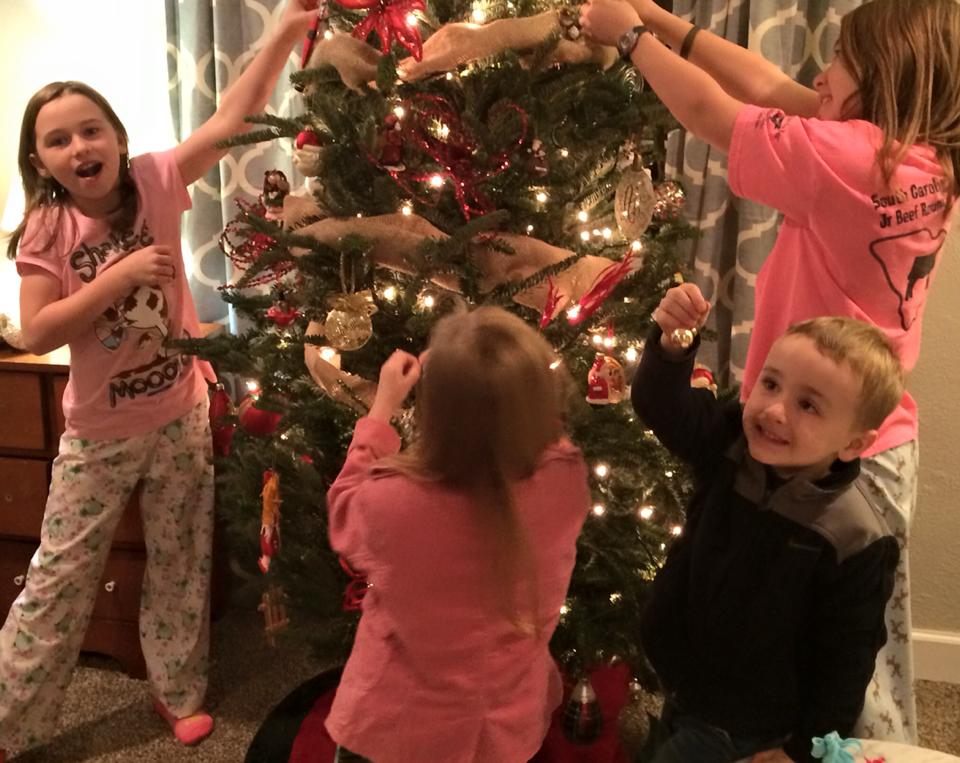
MariAustin: As we started the licensing process, I was really really excited at first. But I started getting more nervous as we went along because my mom explained, “they might not want to play dolls with you all the time.” And constantly we had to clean because there was someone else coming to the house. So I was constantly having to keep my room clean, but as a 10 year old I was still excited, and ready, and happy, anxiously awaiting.
Ella: I was little so my thoughts when we were getting ready to get our license was “oh, we have to clean again.” I had to clean all the time. People were always coming and at first I was like, “oh, new people.” But then they kept coming and I got more like, “oh, I have to clean again.”
How did things change when you got your first placement?
MariAustin: So we got a sibling set. First we got one girl and then we got her sister that weekend. So it was crazy. It was Thanksgiving night. So we’re all running around trying to stuff, clothes, food, drinks and bottles, that kind of stuff. But they came and they had clearly had some trauma in their past so once the honeymoon stage stops, they started getting more mean. Not mean, but they were just really anxious and would lash out over little things. So as a 10 year, I interpreted that as being mean. In reality they just didn’t understand the situation themselves. So it was hard on our whole family because my mom was really overwhelmed since it was our first placement. We didn’t know how to handle some things, but we learned through it and I think it was okay. So it was a reality check. We learned, they aren’t exactly like us. It wasn’t happy always like we thought it was going to be.
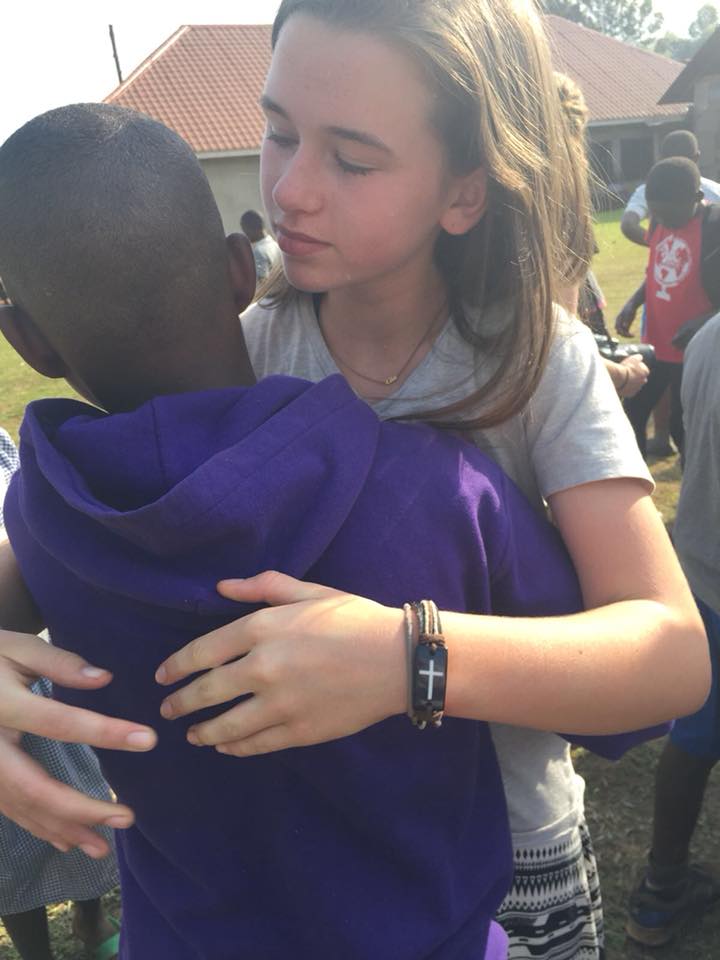
Ella: I was excited because the first placement we had was like six months old. She was this little sister I was going to have. So I, as a six year old, didn’t see her as angry, I thought we were having a great time. I got to feed her and I got to get her dressed and pick out her outfits. I was having a good time but I was upset because I couldn’t do everything. Like she was heavier and I wasn’t strong so I couldn’t hold her. But then as I got older, I noticed how her and her sister did have anger issues and it was different and it was hard. But, I grew up with them as if they were my real siblings.
Twenty kids later, what are your favorite things about foster care?
Ella: One time we went to Dollywood, we had season passes, and we took our three kids we had. And they loved the three little pigs. So the three rides they could go on were the ducks, the pigs, and the bees. So they wanted to ride the pigs all the time. And we would go around and they would sing the pig song, the theme song, and it was great. It was really fun to watch them. They’re just having a great time and it was like they didn’t care what other people thought. We were creating memories for ourselves as a family, as kids, and we also got to include other kids in that and see the joy it created.
MariAustin: I just love when they’re tired or resting. The last little girl we had really liked to cuddle with everybody so I remember how I was really tired one day and she was really tired so we just cuddled up and fell asleep. And I just love those little moments. So sweet. With older kids it’s definitely harder. You’re always trying to find what you can do together, like what do they like. We’re all different and not every kid we get wants to do the things we do. So finding things we can all do together and no one feels left out and not being weird all the time.
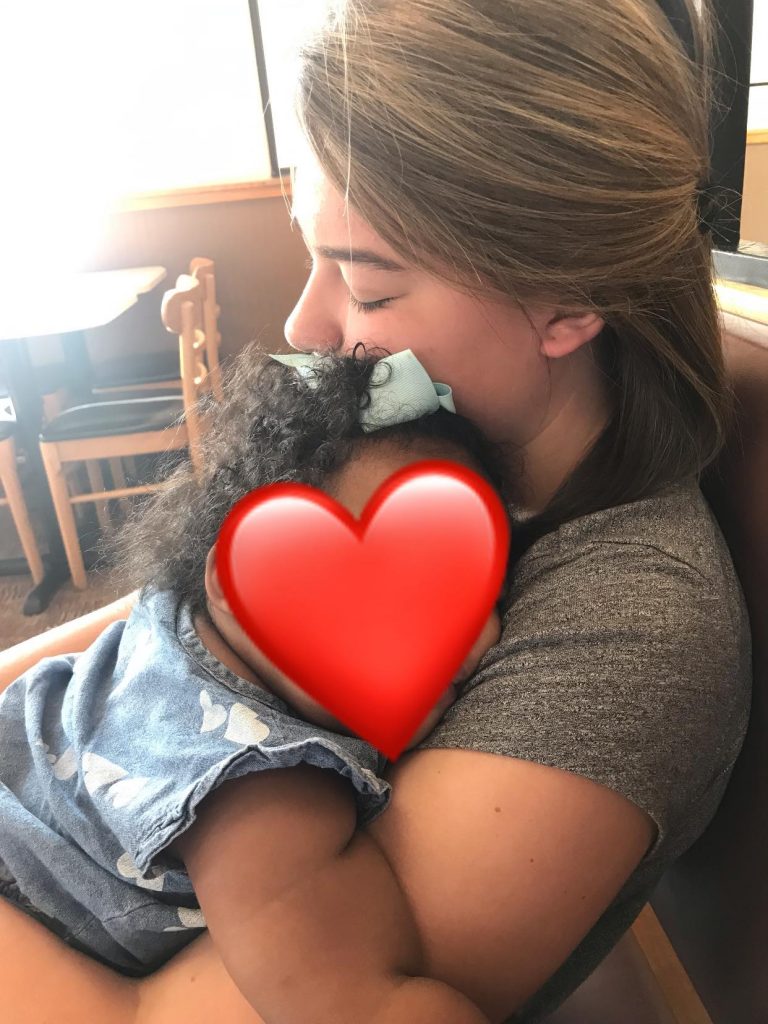
Ella: With the first little girl we had that was older than me, we were still pretty close in age. It was like always having a friend at your house. You’re always having to entertain them, but it’s different than having a little kid because mom can watch them for a little bit so I can have some alone time. But with her, we shared a room so I didn’t have my own space to get away. It got to be a lot, but my parents were really good about saying, “Ella, why don’t you go do this… I need her to do this.” So, it was good to have that time by myself but sharing a room you can’t always get that. So there was really good times, but just like with any family, times where you needed some space.
What are some of the challenges in being a biological child in a foster family?
MariAustin: Sometimes it’s the attention we get from our parents. The more kids in our house, the more attention the other kids need. And there can be a lot of kids in our house. So it’s feeling that sometimes I need attention too for my achievements and stuff. But my mom does a really good job of giving me that time with her and if she knows that something is up, she’ll come sit on my bed and just talk to me. It’s hard, but they try to be intentional. In the midst of chaos when I need them, there still there for me.
Ella: With the older girl we had, she was upset because she wasn’t with her family. So my mom would always go and talk to her about it. And I’ve never been good about talking about my feelings, I’m still not. But my mom would come up to me and go, “What’s wrong? I can tell there is something up.” And she would sit there and talk to me until we got to the problem because I would always give the excuse that I was fine.
If there was one thing that you’ve learned from foster care, what would it be?
Ella: Perspective. Not everyone has had the same experience that we’ve had. It’s just being more aware. People have real challenges so you figuring out what you’re going to wear isn’t really that big of a deal. So it’s changed my perspective of the world and just seeing that there’s other people out there that are going through the same thing as you or harder. But you always have someone you can go to.
MariAusitn: Humility. Everyone around us, you wonder like “why do you dress like that? You can do so much better.” And then those kids come into our home. And you know, like they didn’t have options. So realizing my problems aren’t that big. So even though sometimes I do need that attention from my parents, I am more aware of the people around me. A level of selflessness, empathy.
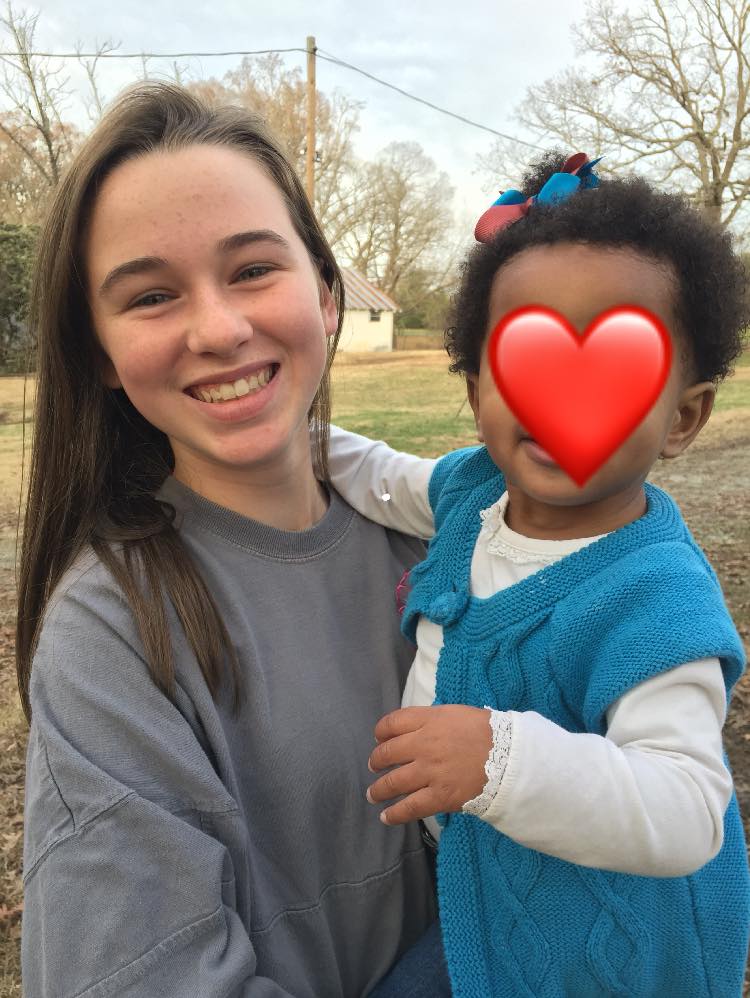
What’s one piece of advice for families considering foster care?
MariAustin: Definitely keep with it. It is hard and it’s challenging but there are good moments. You are changing these kids lives. Even if they don’t remember you later on, they’re too little and they leave you. It will also change you as a person. Personally, I think it has made me a better person- the humility and selflessness that’s going to impact me for the rest of my life.
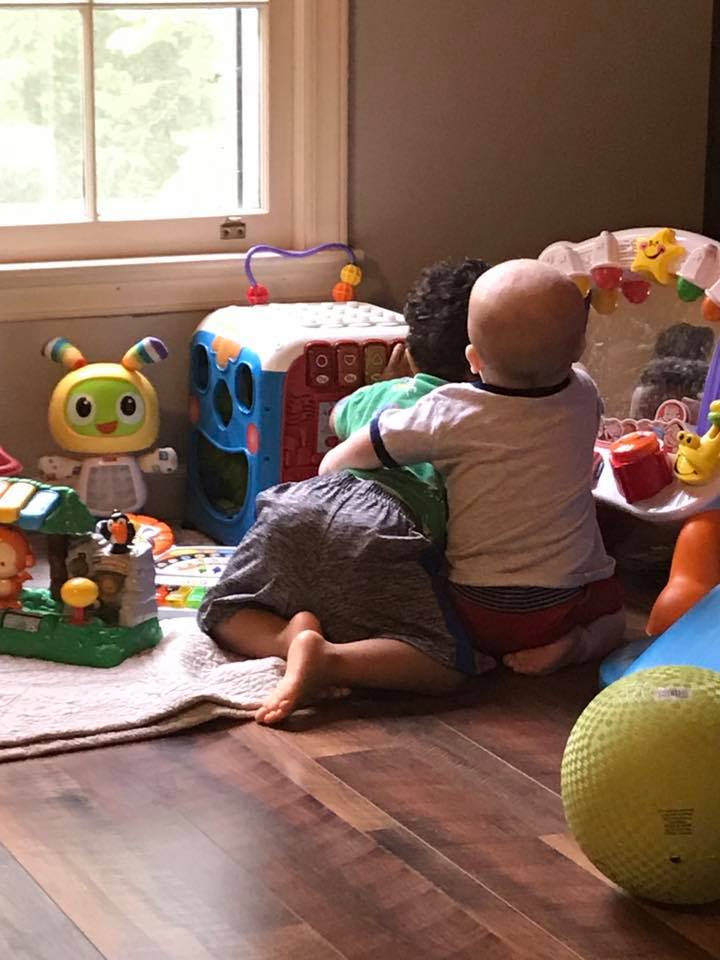
Ella: It is a long process and it takes awhile but just do it. Stick with it. You’re going to have a great time. You’re going to have hard times; it isn’t always going to be easy. But if you just work through it, you get to the root of the problem, you can help those kids more and you’ll change yourself too. You will change a lot. When you work with the kids that come into your home you’ll realize things about yourself that you didn’t know before.
It is worth it!
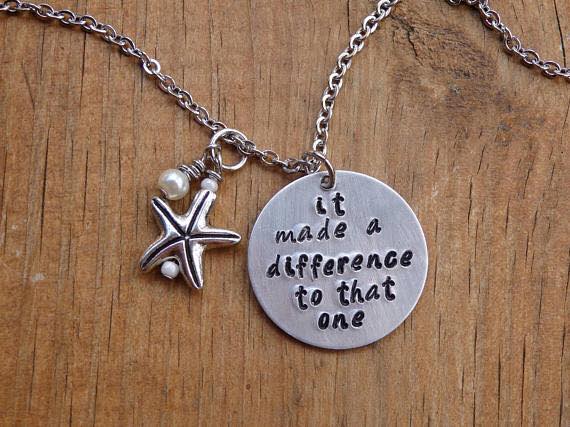
Still wondering how your children will be impacted if you open your home to fostering? Make a list of the core values, character traits, and experiences you want your kids to have while they are in your home. Then consider how foster care might teach them those things. Want them to be selfless? Sharing their home and toys might do that. Want them to be empathetic? Living and learning from others who have lived through hard things might help open their eyes. Want them to see faith in action? Foster care is one way to do that in your real everyday life.
Watch the full interview with Mari Austin and Ella on Youtube.

